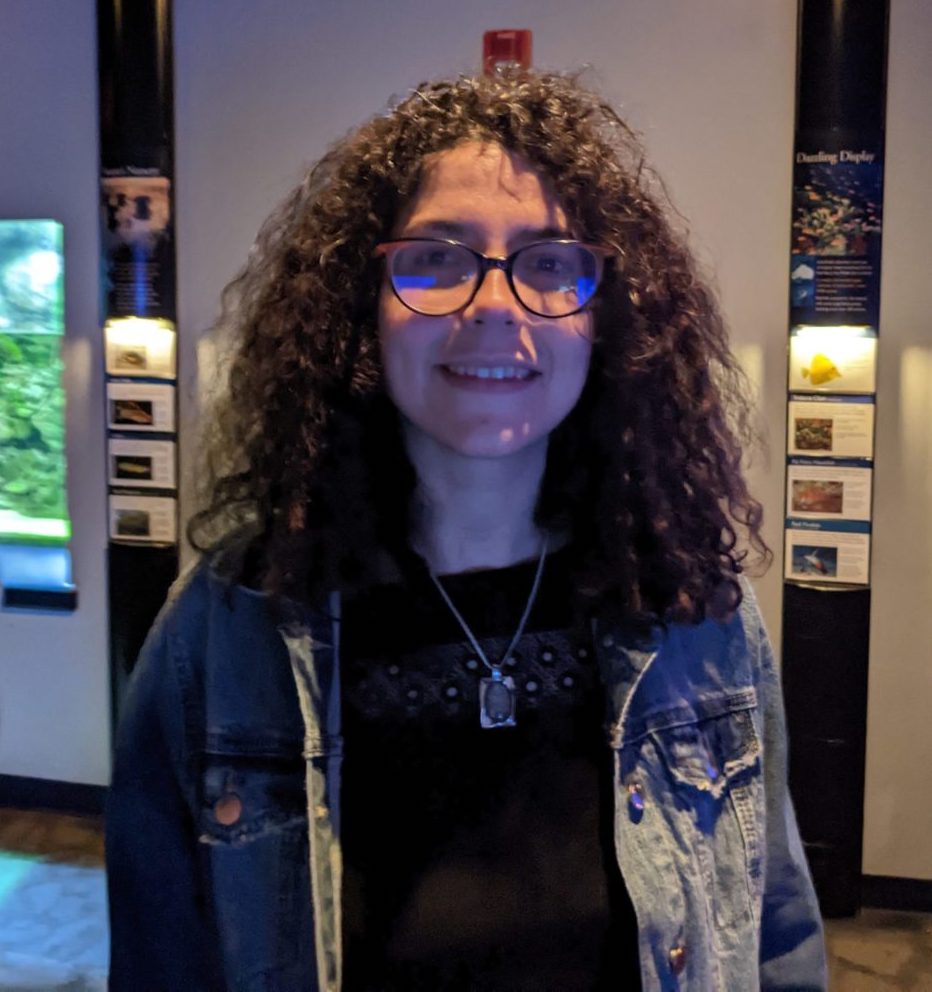Menase is now a senior product manager at Libsyn, an Oakland-based podcast hosting company. But before she came to Pittsburgh in 2019 (and before she was one of Technical.ly’s 2022 RealLIST Engineers), what nearly prevented her from entering the field wasn’t a lack of interest, but a lack of accessibility.
As a teenager and later in college, Menase found that every STEM class was made up of mostly men, and that the field didn’t seem to include many minorities. These two observations made a tech career seem out of reach. So instead, she studied Spanish language, literature and political science at the University of Maryland, and didn’t revisit the idea of a future in tech until she’d spent a few years in the workforce.
“I felt like the barrier to entry was really high,” Menase told Technical.ly, “unless it was something that you thought of doing in high school or early in college.” Otherwise, the possibility of entering tech felt out of reach, like she was too late.
When Menase considered the idea of going back to school, however, she’d be met with another roadblock when she was told that a tech degree from her preferred school would require two more years of education — and $50,000 in tuition fees. She shelved the idea again until 2016 when she decided a bootcamp could fulfill her needs in fewer months, and with less debt. That didn’t mean it was easier, though.
“Because of the timeframe I would say it was easier than going to school, but it’s also very difficult to do. Days were very, very long,” Menase said. “I remember having Thanksgiving [and] Christmas, and I was just working the entire time — like, we didn’t get weekends off or anything. So it was hard to, honestly, learn that much information in such a short period of time.”
I know how much impact that one person, especially someone who is more established than you, can have.
Although it led to a job that she enjoys, for future technologists’ sake, she’s happy that most bootcamps that exist nowadays allow their participants a little more downtime.
As a product manager now, most of her days aren’t spent coding, but problem solving. This means working with engineers, collaborating with product and development teams, technical planning for products, and sometimes talking directly with customers to figure out what they’d like to see from Libsyn.
What does she like the most about her job? The freedom.
“I like that I have a lot of autonomy. If I want to make some kind of improvement to a product or build a feature, I don’t ever feel like I have to ask for any permission for that,” Menase said. “I don’t feel micromanaged and not having to worry about that makes it a lot easier for me [to] mentally to focus on my job because I know that technically anything’s possible.”
When she’s not in meetings for Libsyn, you can find Menase staying busy with volunteer work. Since September, Menase has been mentoring middle and high school students in STEM at FortyX80, the nonprofit branch of the Pittsburgh Technology Council.
“I know how much impact that one person, especially someone who is more established than you, can have,” Menese said. She noted, too, that seeking advice from other pros at local software community Code & Supply led to her working with the group as a speaker and as their director and program manager of surveys.
If she’d had someone to mentor her in all things STEM, she might’ve become a part of the field sooner. Now that she’s here, she’d tell up-and-coming technologists: Don’t sell yourself short, both in terms of salary and in how hirable you are. When she remembers her job search fresh out of the bootcamp, Menase laments the years that she never tried to negotiate for a higher salary because she assumed it’d be perceived as rude. (Pro tip: The product manager said it’s fine to ask for between 5 and 8% more than you’ve been offered.) Additionally, she wishes more people knew not to assume they were unqualified.
“Even if you think that you’re not really qualified, try anyway,” Menase said. “Don’t let yourself be the person who tells them you’re not qualified, let them tell you. Because they will tell you — either you’ll get the job and you’ll be great, or they’re gonna tell you they don’t think that you’re a fit.”







